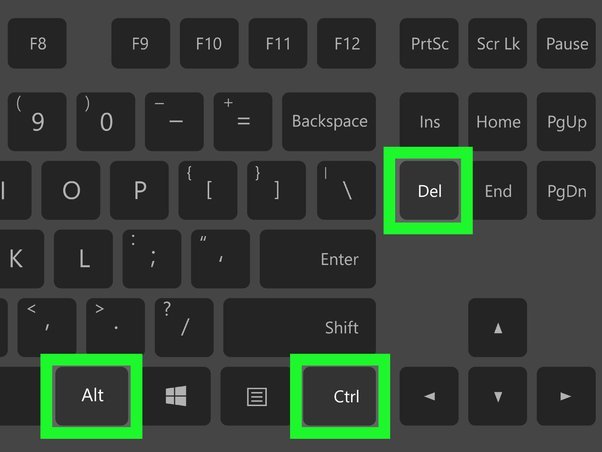It seems the most radical thing for a high performing leader to do these days is to actually stop working and rest.
It feels radical because of a lack of perspective.
If we truly felt that recovery was the very thing that raised our baseline - it wouldn’t feel radical at all. It would feel like a non-negotiable.
Recently I met with a high level leader here in Columbus, Ohio. We were talking about how easy it is to be pulled into “always being on.”
He shared a story about a workflow he was in in a past role in which an email chain with himself and three others started during work hours - replies continued into the evening and beyond.
The chain started during work hours, say 3:30 p.m.
Someone replied at 7:52 p.m.
Another replied at 11:34 p.m.
Another “night owl” replied at around 2:00 a.m.
Another “early riser” replied at 4:37 a.m.
By the time this leader woke up and checked his email at just before 8:00 a.m. there had been multiple replies and multiple direct questions to him asking him to weigh in on the email chain that had evolved in the middle of the night.
The age of technology has caused us all to be hyper-connected and “always on.”
It’s having a negative impact on our health.
It’s having a negative impact on our work.
Control, Alt, Del
I love technology as much as the next person. And this isn’t an attack on technology or a cry to go back to the “old days.” I’d much prefer modern GPS to having to unfold an Atlas on the hood of the car while lost.
But even technology has a built-in “reset” process. If you use the system too much and it begins to be unresponsive you can deploy a process to hard reset. On a PC computer the command is “Cntrl, Alt, Del.” On a Mac it’s “Command, Option, Esc.” Every operating system has a process in place to override and control the windows. To “Force Quit” some things as a way of managing performance of the machine.
When you’re having internet issues and call the support line of the company one of the first things they will tell you is to restart the router or modem.
Power down and unplug all the cords. Wait a few minutes and plug them back in. Reboot everything and turn it all back online.
As a leader, what is your personal version of “Ctrl, Alt, Del” ?
If you don’t have one and you’re finding yourself constantly “on” you are likely heading for burnout at the worst, or significantly reduced performance at best.
A Weekly Reset
If we’re going to flourish in life and leadership we can’t just rely on mechanisms to hit when things are lagging, fuzzy, and unresponsive. One way to prevent this is to install daily, weekly routines and rituals. This is essential for anyone working in a high performance environment.
Things like a morning routine. A workday shutdown routine. An evening routine. Dependable, repeatable lifestyle rhythms that work for you.
One routine that has become utterly unpopular in our culture but research shows has incredible benefit to our well-being is the role of a weekly sabbath or day of complete rest.
A 2019 study found that people who did not take a day of complete rest once a week were more than twice as likely to have scores qualifying for depression than people who kept a weekly sabbath or day of complete rest.
The study also found that people who took a sabbath once a week had
Lower anxiety
Lower rates of burnout
We feel like we can’t afford to rest. The reality is we can’t afford not to rest!
The best way to start is to establish a weekly reset practice of completely disengaging from work. No emails, no laptop open while watching a movie with the family. No quick texts to a coworker about an upcoming meeting next week.
Just good ol fashioned - rest.
Less task switching. Less half work / half rest.
Put the laptop away. Put the phone in another room. In the designated “off hours” and designated “off days” - Be harder to get a hold of.


